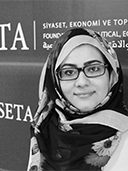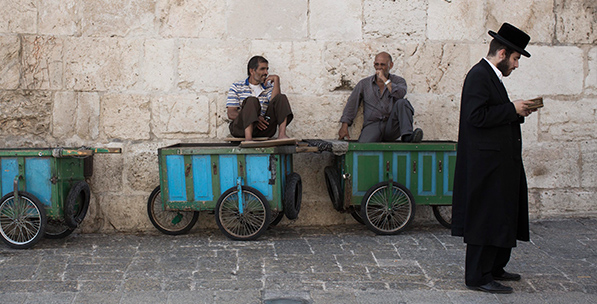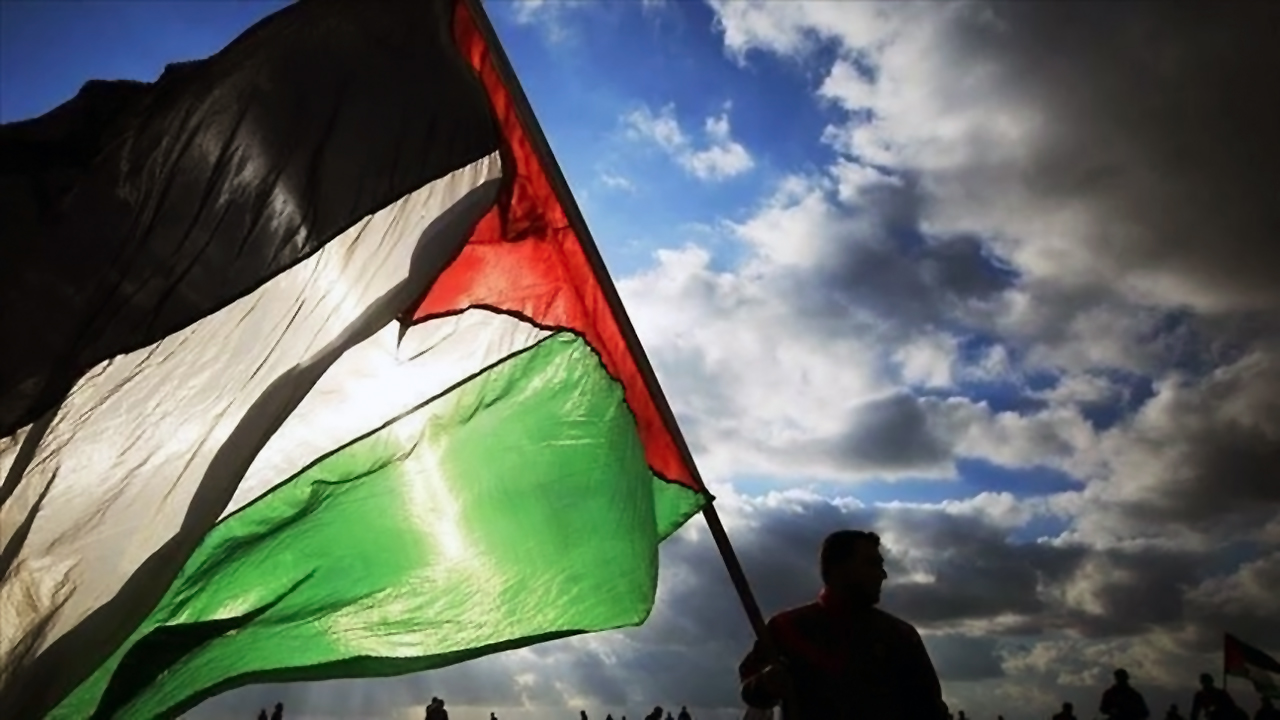Israeli Apartheid Week (IAW), an international series of events aimed at raising awareness about Israel's apartheid policies toward the Palestinians, is celebrating its 10th anniversary this month. The annual event has spread to over 87 cities worldwide including Johannesburg, London, Montreal, New York City and Ramallah.
Various IAW activities will take place on university campuses, including Oxford University, the University of Toronto and Columbia University.
The first IAW took place in Toronto in 2005 and at the time was met with skepticism by many who regarded it as a radical leftist movement appropriating a term or a premature failure. Today, the IAW has received praise and support from influential individuals such as Naomi Klein, Noam Chomsky, and Desmond Tutu.
Both the consistency in content and the diversity in participation allowed IAW organizers, mostly full-time students volunteering their time and energy, to win the attention and support of their communities both inside and outside their campuses. Mirroring the broader reality of the solidarity with the Palestinian cause, IAW organizers, attendees and speakers are people who share different political leanings, religious or non-religious inclinations, nationalities and professions, but have been able to find a strong common ground in wanting to both highlight and understand the gruesome occupation, militarization and apartheid of Israel. By providing a space to demonstrate how accessible a conflict that is often characterized as "too complicated," IAW also challenged public opinion around the Israeli-Palestinian conflict both normatively and empirically. Both initiatives not only highlight the bitter facts on the ground but also provide an alternative perspective to demonstrate the asymmetrical power dynamics of the conflict that are rarely discussed in the mainstream narrative of the conflict.
The peace talks between a bankrupt Palestinian Authority and an occupying Israel being a great example of this misrepresentation.
IAW brings together panels of speakers from various countries, disciplines and fields to share their beliefs about the reality of injustice caused by the apartheid system of Israel inflicted on Palestinians in the diaspora, Palestinians in Gaza, those in the West Bank, and those in Israel proper. With names such as Judith Butler, Ali Abunimah and Avi Shlaim, IAW also invites activists who have been at the forefront of the fight against Israeli oppression, both inside Palestine and around the world, to share their testimonies about the impact of an oppressive regime.
What is perhaps most appealing about IAW and attracts more and more people is that the initiative does not only analyze current events but also provides serious and realistic plans of action regardless of where one is in the world and one's profession, whether student, academic, artists, or laborer.
Indeed, IAW operates with the Boycott, Divestment, and Sanctions Movement (BDS), launched in 2005 by Palestinian civil society and groundedin upholding Palestinian rights in accordance with international law. Inspired by the South African struggle to end apartheid, BDS to the dismay of the Israeli government built a track record of success by effectively internationalizing the Palestinian cause.
In fact, in 2011 the Israeli Knesset passed a law making it a civil offense to publicly call for a boycott against the State of Israel, defined as "deliberately avoiding economic, cultural or academic ties with another person or another factor only because of his ties with the State of Israel, one of its institutions or an area under its control, in such a way that may cause economic, cultural or academic damage." The law demonstrated that BDS supporters are doing something right and that the internationalization of the Palestinian struggle is finally hitting a nerve with the Israeli administration.
Perhaps it can be argued that the Palestinian cause has always been somewhat internationalized. People felt sympathy t








